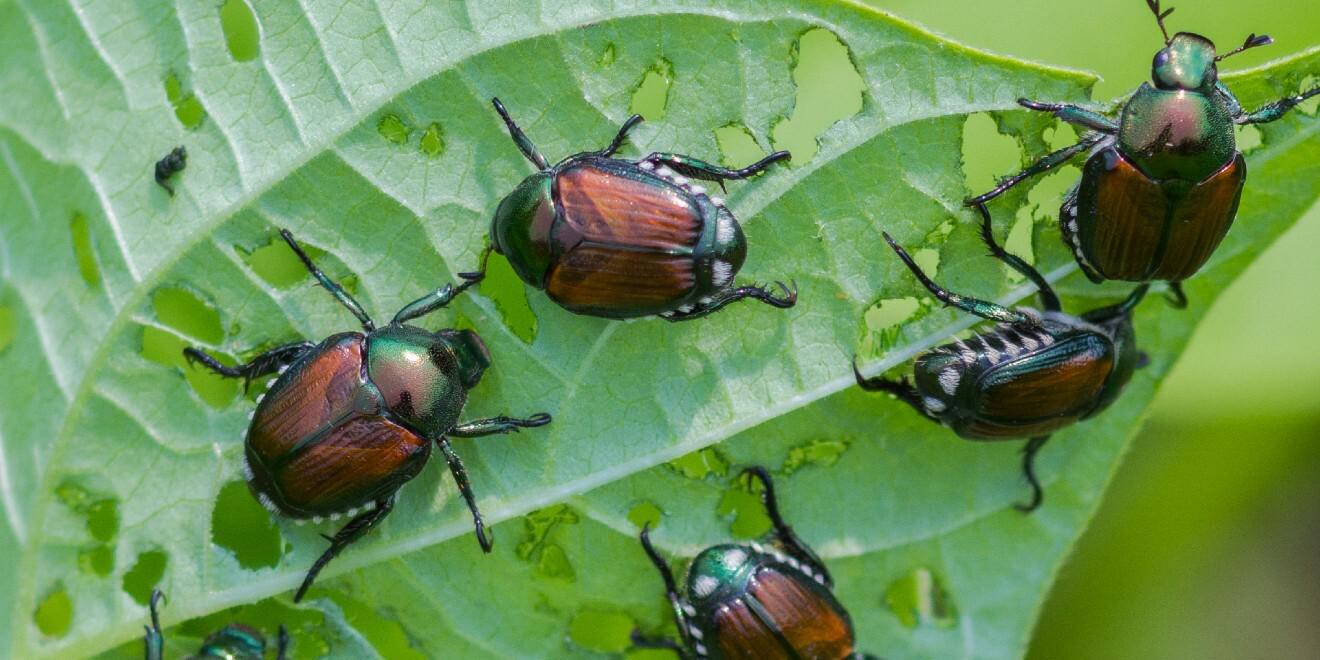Can Cats Get Lyme Disease From A Tick?
Posted by Mosquito Squad
December 19, 2023

Whenever we think about Lyme disease and the horrible threats it poses to human health, we often forget an important question: can pets get Lyme disease from a tick? Many of our pets seem like pretty tough animals considering what they are willing to eat without a second thought, but pet owners do need to make important safety considerations for their animals. After all, pet dogs and cats are basically our furry children! Lyme disease, while typically discussed in a human context, does threaten other animal species.
We have written in the past about protecting our dogs from tick bites and the threat of Lyme disease.
It’s true – like humans and other animals, dogs can certainly contract Lyme disease. But are our feline friends susceptible to Lyme disease? Unfortunately, cats are also vulnerable to this life-threatening disease. Deer ticks and other tick species are difficult enough to detect on a human, but it can be even harder to find a tick burrowed your cat’s dense fur. This is a huge problem for a couple reasons. Firstly, Lyme disease can pass from a tick after 36-48 hours, so a tick that isn’t immediately detected has a good chance of transmitting this disease to its victim. Secondly, nymph deer ticks (the main vector for Lyme disease) can be no bigger than a poppy seed when they latch onto their meal. Furthermore, it can take four weeks before Lyme disease symptoms present themselves! Lethargy, lack of appetite, and joint pain/swelling are all symptoms, and if the disease is not treated promptly, irreversible tissue damage can occur.
Thus, checking your cat thoroughly and often is incredibly important, and so is looking for a tick defense system. Your pets deserve the best care possible.
What types of tick-borne illnesses can cats get?
Although Lyme disease gets the most attention of all tick-borne diseases, it isn’t the only one you need to be aware of. Cytauxzoonosis, or bobcat fever, is another risk to your cat’s health. Not a lot is known about this disease, except that it likely originated with bobcats, is transmitted via tick bites, and it has a very high mortality rate among felines. Years ago, Cytauxzoonosis was a death sentence. Nowadays, the survival rate for cats is around 50% - 60%, but the treatment is long and difficult. Tularemia is another disease that cats are susceptible to, and so are humans. Should you be bitten by Tularemia-ridden tick your cat brought in, you also face significant risks to your health.
Clearly, ticks are a creature that should be avoided at all times, so defensive measures are the best route to take to minimize risk.
Protect your family and your pets with proven tick control!
At Mosquito Squad, we recognize the perils created by a growing tick population, and that’s why we offer tick treatments built specifically to kill or repel ticks on your property. Our border protection treatment is our most popular treatment, and it has a proven track record of dramatically reducing tick populations in our clients’ yards. The treatment lasts for three weeks, is pet safe 30 minutes after application, and can defend your yard for a full summer with only occasional reapplications. We also offer an natural treatment option using essential oils that is not quite as potent or long lasting, but it remains an effective alternative for our environmentally conscious clients. Finally, we also offer tick tubes. Tick tubes are biodegradable cylinders placed in your yard and are filled with cotton that has been treated with tick pesticide. Mice are big fans of cotton in their nests, and they happily use the tick tube cotton in their dens. Ticks love mice dens for their shelter and the easy meals that mice present, but a mouse with tick pesticide on its fur spells doom for a tick. While this might seem an unorthodox method for tick control, tick tubes are quite effective for year-round tick defense. Additionally, mice are one of the chief carriers of Lyme disease, so if you eliminate the ticks that feed on mice, you and your pets are much less likely to encounter an infected tick on your property!
We care about protecting you and your furry best friends – please take the time to defend your loved ones from Lyme disease.
If you have questions about Mosquito Squad of Chelmsford and Cambridge’s trusted mosquito and tick control services, give us a call at (978) 381-4028.















